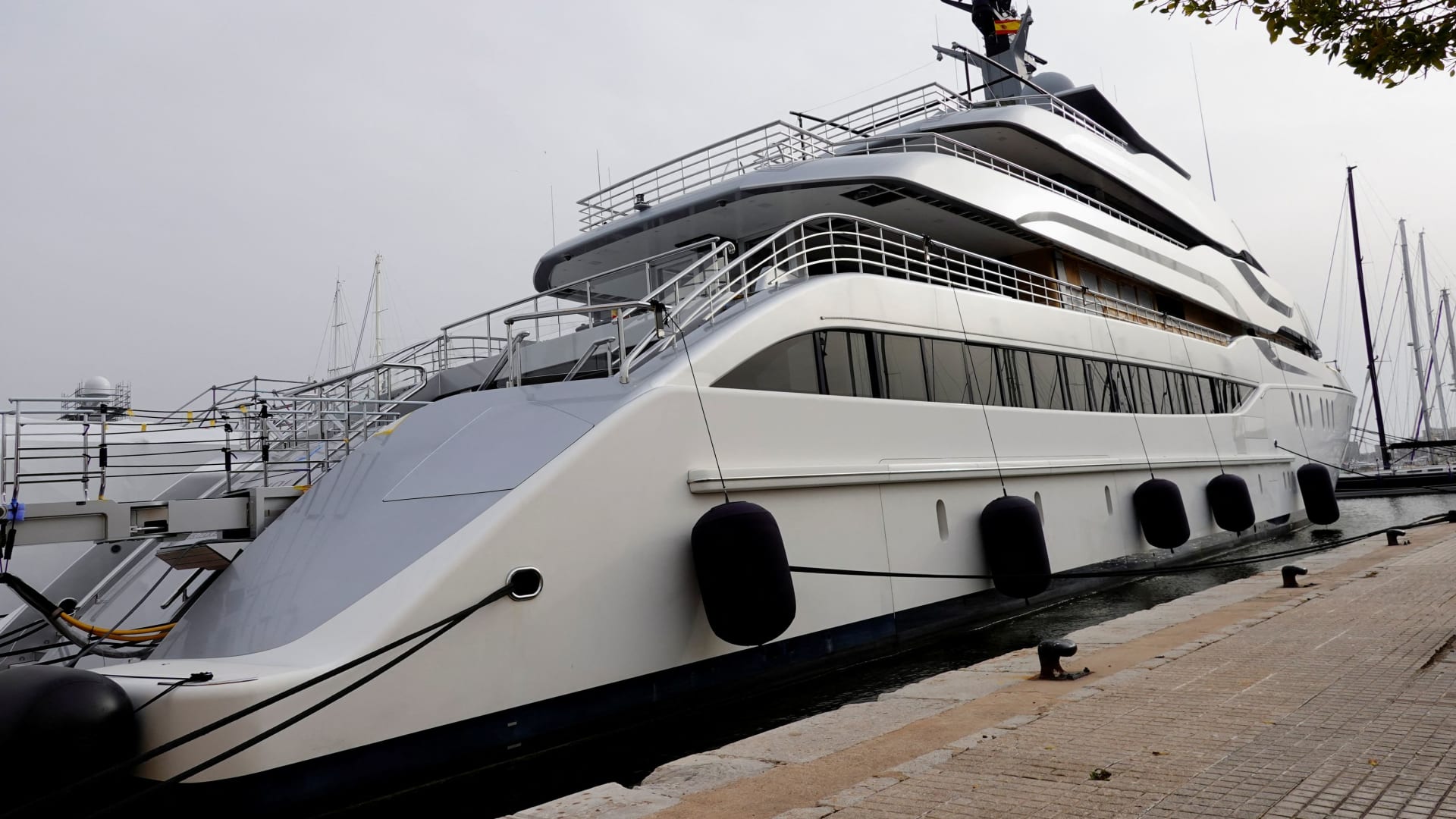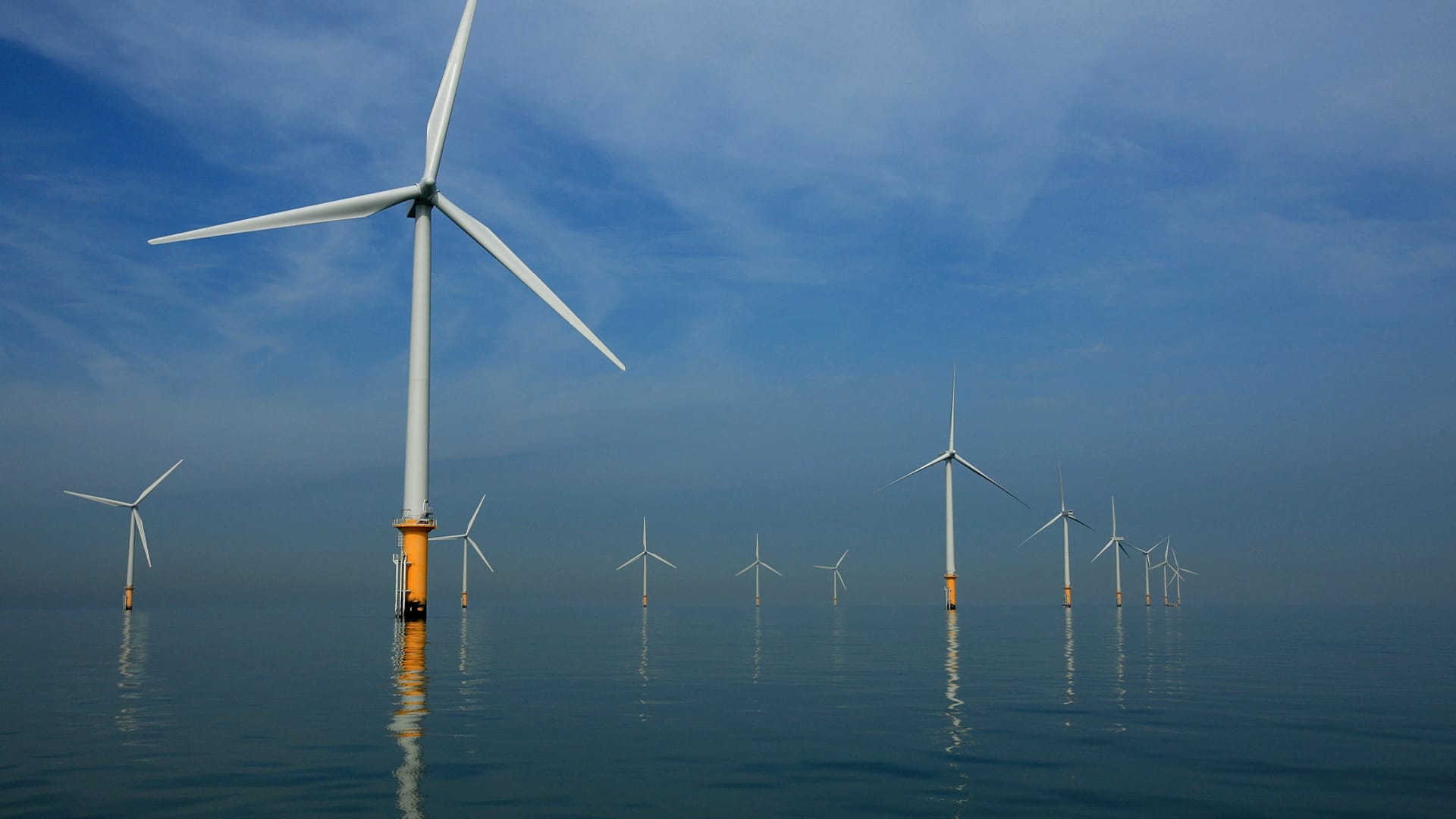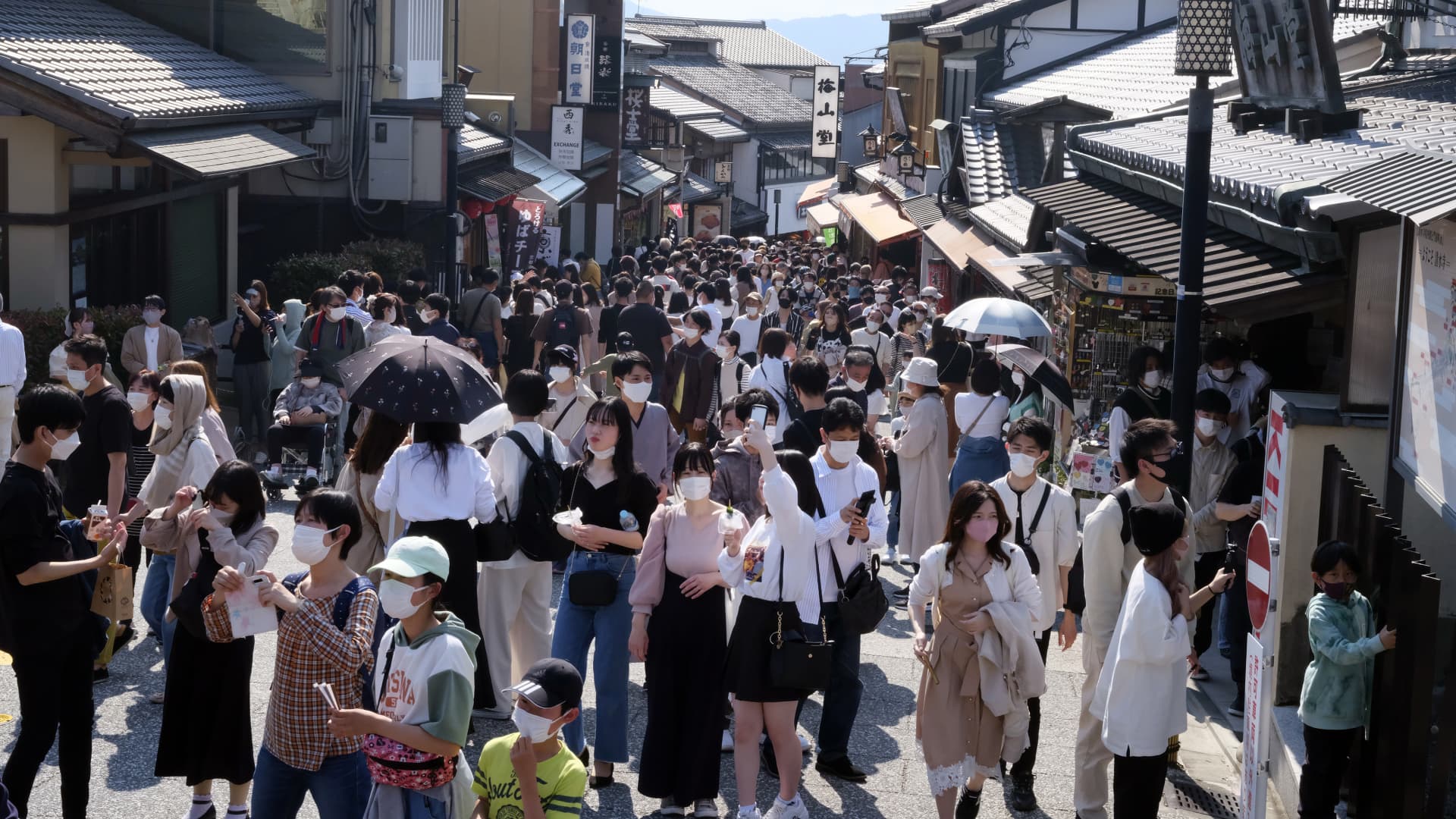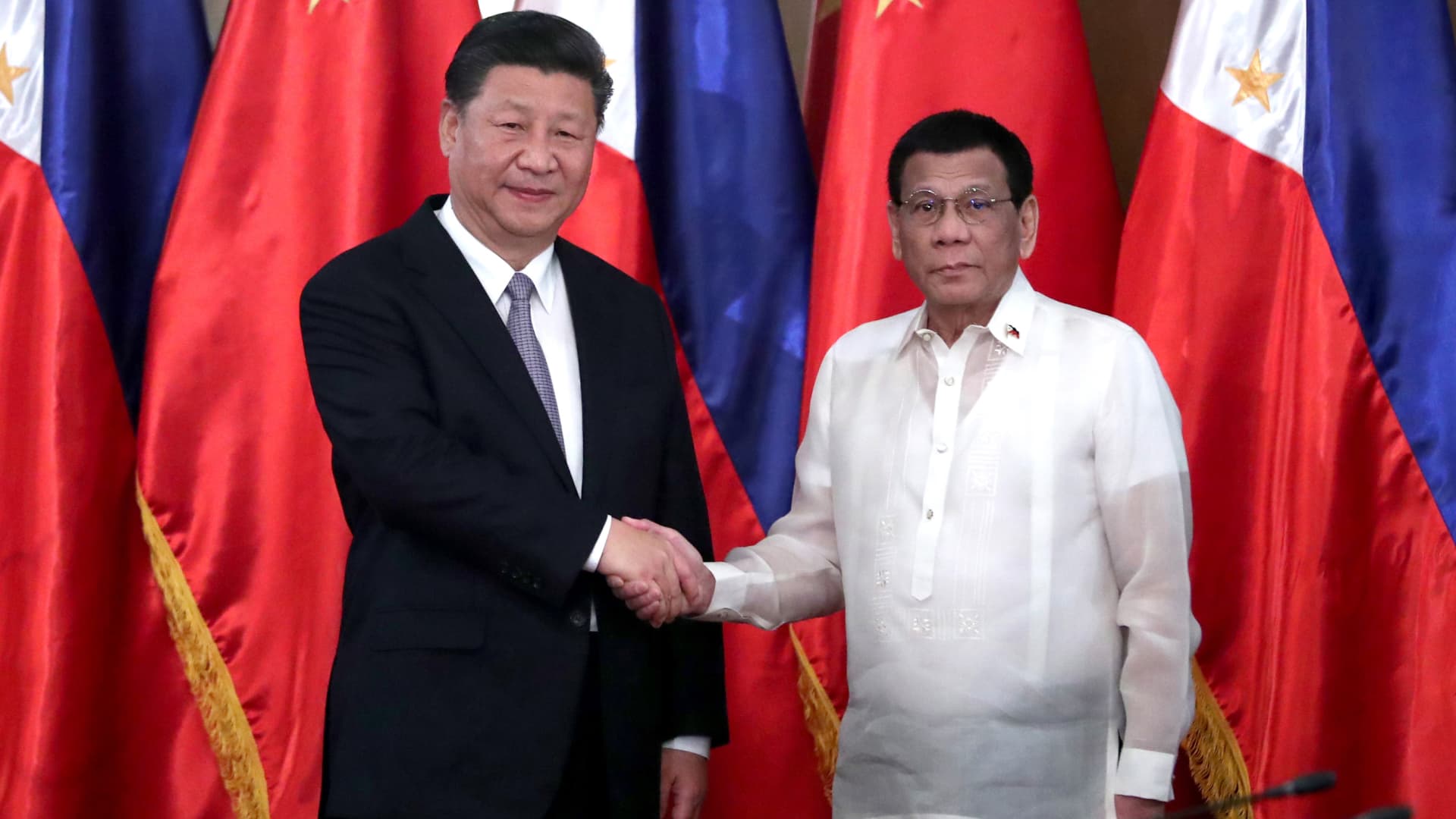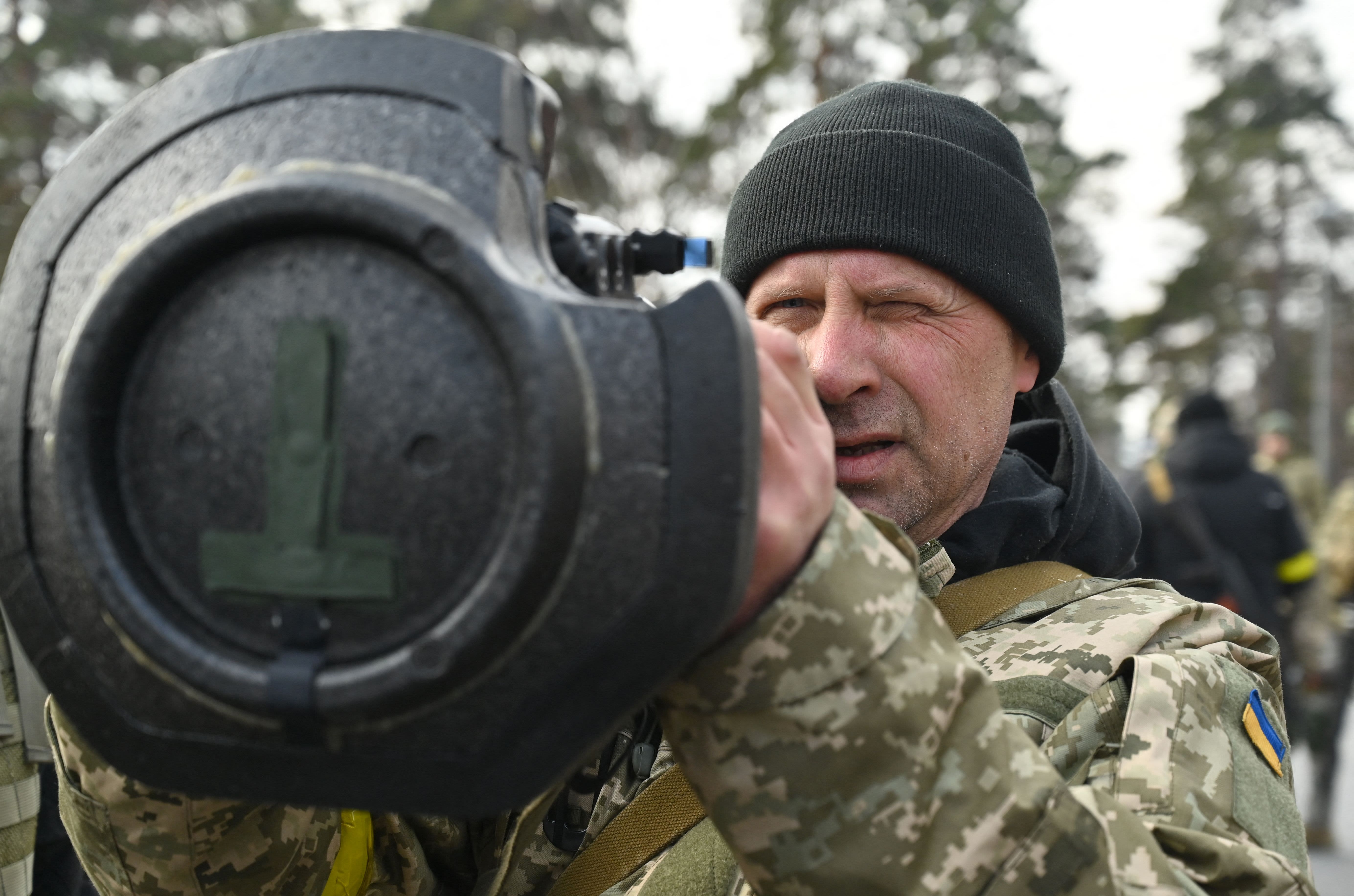China would only use force as a 'last resort' for Taiwan reunification, former PLA official says
Force is a "last resort" for Taiwan reunification, said Zhou Bo, senior fellow at Tsinghua University's Center for International Strategy and Security Studies.

BEIJING — The central Chinese government in Beijing would only use force as the "last resort" for Taiwan reunification, said a retired officer of the People's Liberation Army.
"The Chinese PLA is getting stronger and stronger, and we have geographical proximity," said Zhou Bo, now a senior fellow at Tsinghua University's Center for International Strategy and Security Studies.
"That does not suggest we would use force easily because that would be the last resort," he said Tuesday on CNBC's "Squawk Box Asia." "We have the most sincere wishes to be reunited with our compatriots in Taiwan through peaceful means."
Taiwan is a democratically self-ruled island that Beijing considers part of its territory.
On Monday, U.S. President Joe Biden said he would be willing to use military force to defend Taiwan, an apparent break from Washington's tradition of remaining intentionally vague over whether the U.S. would come to the island's aid if China invaded.
Biden and the White House subsequently said those comments did not reflect a policy shift.
"China expresses strong dissatisfaction and firm opposition to the remarks by the U.S. side," Chinese Foreign Ministry spokesperson Wang Wenbin said in response, according to an official English-language transcript of a briefing Monday.
Wang reiterated the issue of Taiwan is an internal affair. "No one should underestimate the strong resolve, determination and capability of the Chinese people in safeguarding national sovereignty and territorial integrity," he said. "No one should stand in opposition to the 1.4 billion Chinese people."
Pushing China to react
Biden's comments about military force are "testing China" for its reaction, so U.S. allies would know how to react, Dennis Weng, associate professor of political science at Sam Houston State University, said on CNBC's "Squawk Box Asia" on Wednesday.
U.S. willingness to defend Taiwan is based on the condition that China changes the "so-called status quo," Weng said. "If China doesn't change the status quo then the strategic ambiguity will remain."
For more than 40 years, the U.S. "one China policy" has recognized Beijing as the sole legal government of China. The U.S. meanwhile maintains unofficial relations with Taiwan, with a policy of making sure the island has the resources to defend itself.
Read more about China from CNBC Pro
It's important to remember that Biden was describing a "hypothetical situation," said Susan Thornton, retired senior U.S. diplomat and senior fellow at Yale Law School Paul Tsai China Center.
"It is just unfortunate that everyone keeps talking about an invasion of Taiwan, militarizing that situation," Thornton said on CNBC's "Squawk Box Asia" on Wednesday. "There should not be an imminent crisis in Taiwan and the more we talk about it, the more we drive toward it, in my view."
Beijing has said it aims for peaceful reunification with Taiwan. On Tuesday, Zhou cited China's "Anti-Secession Law" for the conditions under which Beijing would use force.
"Unless and until Taiwan declares independence, unless and until an external force separates Taiwan from China, or unless and until the possibility of peaceful reunification is totally exhausted," he said, "otherwise we would not be using force."
"Of course, if the Taiwan authorities [are] against this possibility of reunification indefinitely, of course we have to be well prepared," Zhou said. "We are not sorry for that."
China's trade power
Biden was in Tokyo this week as his administration seeks to build up political ties in the region as part of a counter to China's growing heft.
The U.S. on Monday announced an Indo-Pacific Economic Framework with 12 other partner countries in the region, including Australia, Japan and the Republic of Korea. The framework is not a trade agreement, but rather one for creating international standards on issues like the digital economy and working conditions.
Taiwan and Beijing are not part of the initial group participating.
"We should seek for cooperation with all countries in Asia-Pacific and Indo-Pacific, not just part of it," said He Weiwen, senior fellow at the Beijing-based think tank Center for China and Globalization.
Countries in the region are members of other groupings, such as the Regional Comprehensive Economic Partnership, or RCEP, a free-trade agreement among 15 countries that took effect in January. The U.S. is not a member, while China is.
China's trade with the 14 other members of RCEP far exceeded that of the U.S. with those same countries, He said Tuesday on CNBC's "Street Signs Asia."
The new Indo-Pacific Economic Framework, or IPEF, "seems to cover all the major trade topics for the 21st century," said He, a former commercial counsellor at the Chinese Embassy in New York and San Francisco. "But still it is not a trade agreement. It remains a concept for the moment and we have to wait and see how it will evolve."
— CNBC's Su-Lin Tan contributed to this report.

 Troov
Troov 







